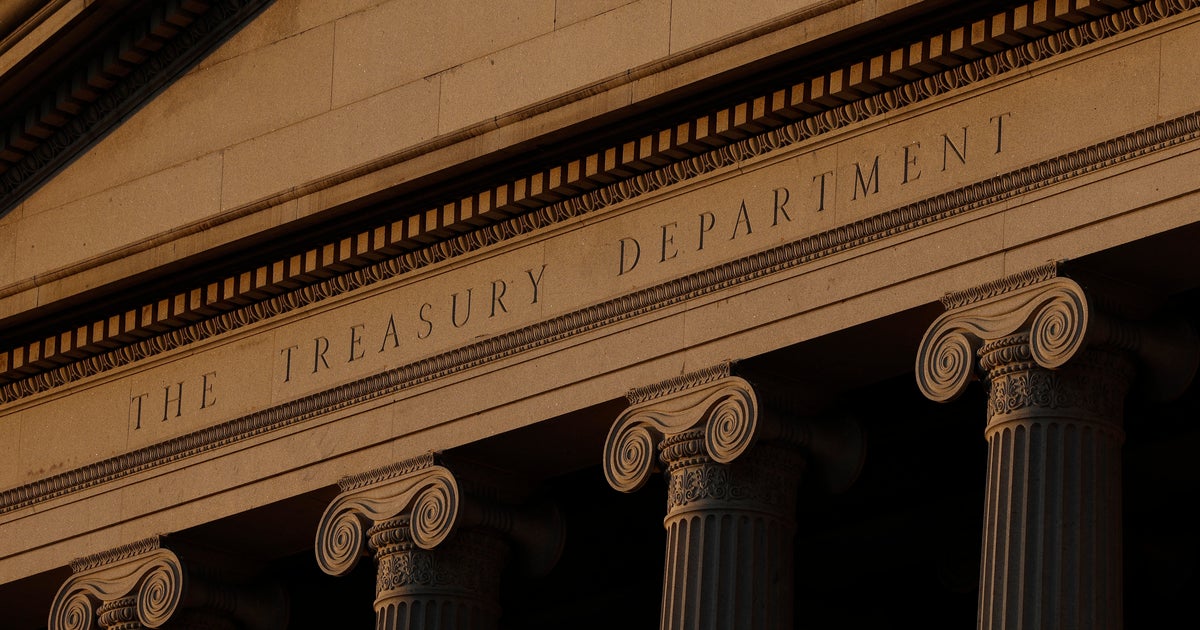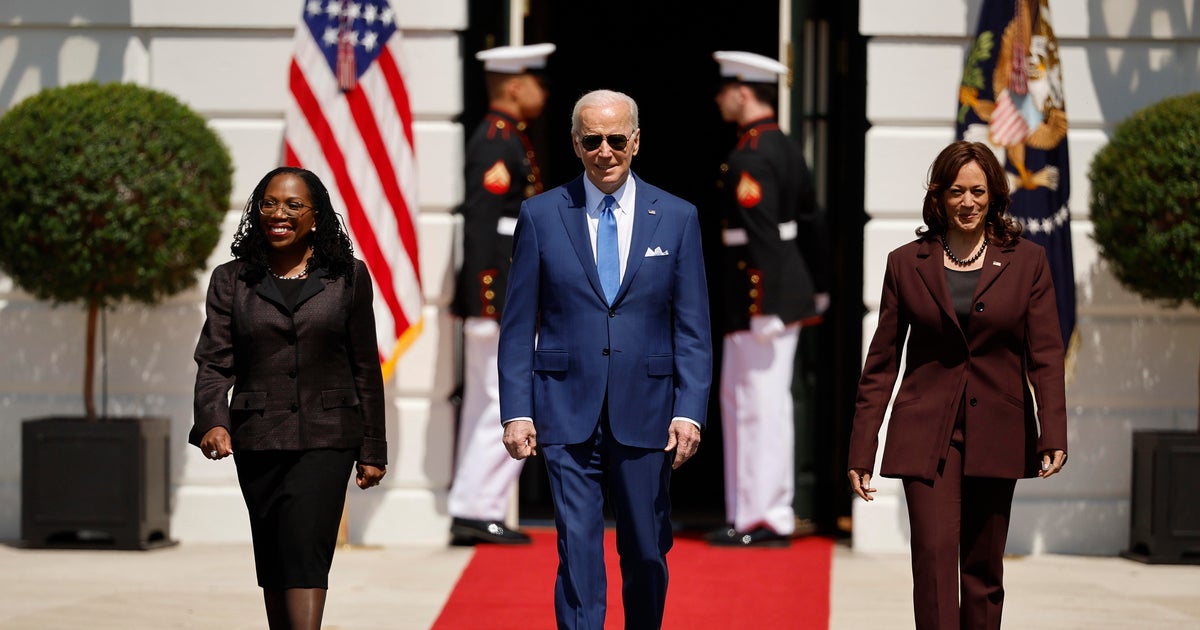CBS News
U.S. sanctions two entities over fundraising for extremist West Bank settlers who attacked Palestinians

The Treasury Department on Friday announced sanctions against two entities that have been accused of fundraising for extremist Israeli-occupied West Bank settlers connected to violence against Palestinians, as well as the founder of a group whose members regularly attack Palestinians.
Deputy Treasury Secretary Wally Adeyemo said in a statement that Mount Hebron Fund and Shlom Asiraich “generated tens of thousands of dollars for extremists responsible for destroying property, assaulting civilians, and violence against Palestinians.”
“Such acts by these organizations undermine the peace, security, and stability of the West Bank,” he added. “We will continue to use our tools to hold those responsible accountable.”
The Treasury Department said the two entities, Mount Hebron Fund and Shlom Asiraich, have been accused of raising money for settlers Yinon Levi and David Chai Chasdai, who have both already previously been sanctioned.
Levi is alleged by the U.S. to have led settlers in repeatedly assaulting Palestinian and Bedouin civilians in the West Bank, threatening them if they didn’t leave their homes. Levi and the settlers, according to the State Department, “burned their fields and destroyed their property.”
Chasdai, according to the U.S., allegedly led a riot, setting cars and buildings on fire in the West Bank. The rampage resulted in the death of a Palestinian civilian.
The announcement came as the West Bank has been seeing some of its worst violence perpetrated by extremist settlers against Palestinians since the war in nearby Gaza began.
There has been friction between President Joe Biden and Israeli Prime Minister Benjamin Netanyahu, whose far-right government has responded angrily to previous sanctions imposed against West Bank settlers.
The fundraising campaigns established by Mount Hebron Fund for Levi and by Shlom Asiraich for Chasdai generated the equivalent of $140,000 and $31,000, respectively, according to U.S. Treasury.
The penalties are intended to block them from using the U.S. financial system and bar American citizens from dealing with them.
Additionally, the State Department is designating Ben-Zion Gopstein, the founder and leader of Lehava, an organization whose members have assaulted Palestinian civilians.
Treasury Deputy Secretary Wally Adeyemo said the organizations “undermine the peace, security, and stability of the West Bank. We will continue to use our tools to hold those responsible accountable.”
In February, Mr. Biden issued an executive order targeting Israeli settlers in the West Bank who have been accused of attacking Palestinians and Israeli peace activists in the occupied territory.
Richard Escobedo contributed to this report.
CBS News
A unique spin on the classic holiday eggnog

Watch CBS News
Be the first to know
Get browser notifications for breaking news, live events, and exclusive reporting.
CBS News
Drone expert unpacks mysterious sightings across Northeast

Watch CBS News
Be the first to know
Get browser notifications for breaking news, live events, and exclusive reporting.
CBS News
Looking back at sports’ biggest moments in 2024

Watch CBS News
Be the first to know
Get browser notifications for breaking news, live events, and exclusive reporting.







